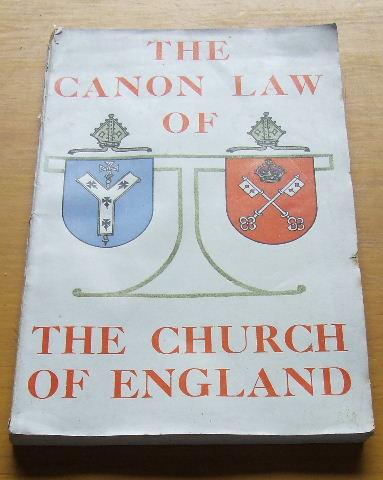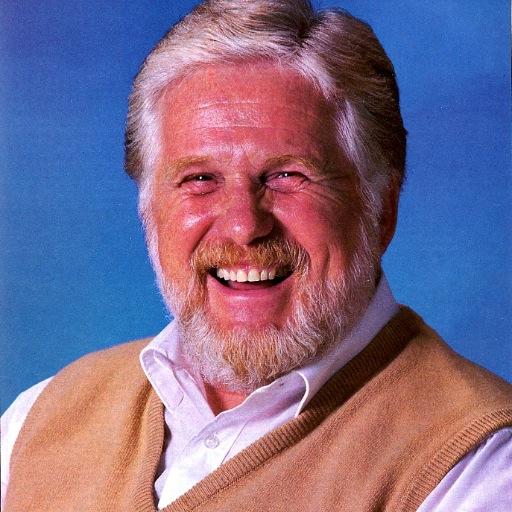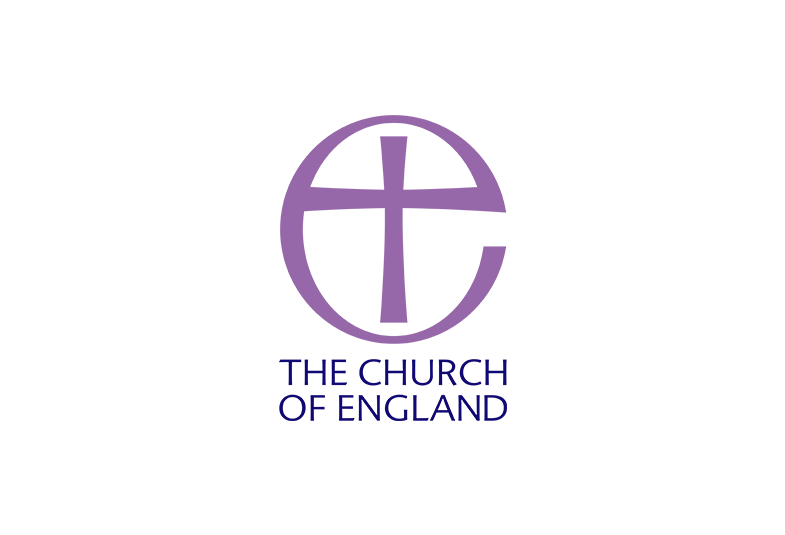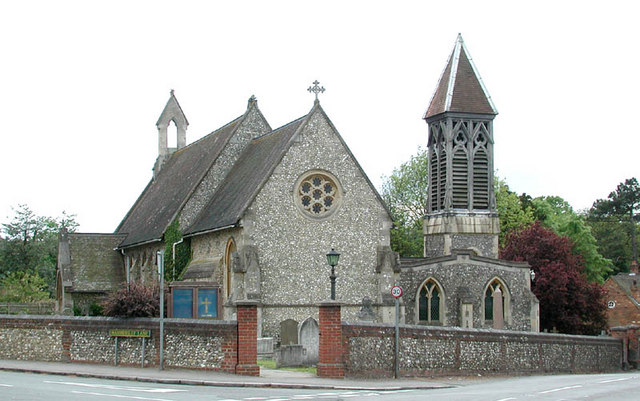
Back in April, Surviving Church was one of the first to jump in with comment about the Soul Survivor affair. In view of the fact that details of any abusive practices were then not being shared (though strongly hinted at), I focussed my remarks to some general points about some of the dangers in the dynamics of large congregations led by charismatic personalities and which are attractive to young people. Some who commented on my blog were extremely angry at my mention of the Nine o’ Clock (NOS) service in Sheffield led by Chris Brain in the 90s. My comparison was not to link the known facts about Soul Survivor to the accounts of abuse at NOS. Rather I wanted to draw attention to some common features inherent in both these novel ways of doing church. Both relied on drama and excitement and were backed up by what I believe to be an unhealthy focus on personality and celebrity. There has always been in Soul Survivor an apparent dependency on the big personality of the leadership. Mike Pilavachi, or MP, as we shall henceforth call him, is a big person in several ways. He certainly qualifies for the description that I would give him of being a larger than life charismatic and powerful personality.
In thinking about the way people react to dominant personalities, it is helpful, I think, to look back in our own personal histories. Most of us can remember being paraded as a child in front of an individual considered by the world to be important. Because our parents may have stressed the importance of being on our best behaviour in responding to this VIP, we probably stood tongue tied and silent while the distinguished person addressed a few words or questions to us. However we behaved or spoke in this situation, we were aware of strongly inhibiting forces at work. It would not be inaccurate to describe our feelings as those of awe or even fear.
I often wonder whether most of us ever completely grow out of these childhood inhibitions when encountering someone we, and the world in general, admire and look up to. The presence of charisma or obvious distinction exuded by another person certainly discourages any over-familiarity in our approach to them. Childhood memories of being introduced to an important person seem to re-emerge whenever we are brought face to face with people of some standing. Charisma is one of these manifestations of human power. It is a hard word to define, but most of us recognise it when we encounter it. It speaks of a power inherent in a personality which can be used to charm others. Equally it can express itself as a force to control and manipulate. In short, charisma seems to be describing a human ability to profoundly affect and even change another person. Whether this power is being used to raise the other person up or cast them down will depend on the motivation of the person with the charismatic power.
The circumstances of MP’s ministry and the way he was at the heart of a huge ‘successful’ institution we know as Soul Survivor, means that he had access to considerable power. Some was linked to the personal charisma which he undoubtedly possessed. This was combined with the power inherent in being in charge of the institution he had founded and led. His power also came from individuals constantly looking up to him for his gifts of teaching and leading worship. The dynamics of power flowing around Soul Survivor suggest that, without realising it, the leaders and members of the congregation were active participants in a kind of complex dance. Those outside MP’s immediate circle may have looked on with envy, wanting access to the self-esteem that came with an inclusion to the charmed group at the centre. The size of Soul Survivor suggests that there would likely have been a constant dance-like jockeying for position. Those close to the leadership wanted to continue to bask in the reflected glory of MP’s attention and his charisma. Others were patiently waiting for their opportunity to replace them. Many seeking a favourable place in the institutional hierarchy of Soul Survivor appear to have endured petty humiliations or even abuse. This was the cost of having a temporary place of esteem and privilege in the edifice of power created and sustained by MP.
My description of a ‘power dance’ going on at the heart of Soul Survivor is my attempt to make sense of the celebrity culture that seems to be at the heart of ministries of this kind. It remains to be seen whether SS can survive the departure of MP and Andy Croft. I make my observation about the possible demise of the organisation based on the way I suspect that the dramatic changes in leadership can seriously disturb the delicate power balance that has existed for so many years. The institution will not find it easy to survive the disruption that has followed the departure of key leaders.
In writing this blog I have come to have a measure of unexpected sympathy for MP. This allows me to suggest that the final version of the saga of MP may be a little less condemnatory towards him. My sympathy comes from the fact that, as a young man, MP was entrusted with a position of influence and power where there were few if any constraining forces. Overlooking for a moment the recent allegations of impropriety against groups of young men, we can suggest the amount of unsupervised power that MP was given in the early days of SS was, at the very least, completely inappropriate. From his early days it seems that he was treated as if he could do no wrong. Backed by the resources, financial and institutional, of St Andrew’s Chorleywood, MP was offered a path to success and adulation by the entire culture of charismatic evangelicalism across the world. To suggest that MP had his head turned by this success is probably a massive understatement. What seems to have happened in the MP story is that crowds of young people were drawn to the music of Matt Redman and the charismatic mesmerising gifts MP possessed. This created a situation which offered the possibility of indulging in undreamt-of levels of gratification through the exercise of power of different kinds. Without anyone in a position to check this power or question its corrupting potential, the path to MP’s eventual self-destruction lay wide open. A mitigating thought is that one can imagine that there are probably many other Christian leaders who might well have chosen a similar path of self-gratification, if someone had provided the means for them to do so. What separates MP from many other wannabes may be simply the external circumstances of his life story.
Having suggested that MP deserves some understanding for surrendering to the waves of temptation that were poured over him from different directions, we should mention another factor in the mix -the sheer length of time that MP was left unsupervised to do his own thing. The traditional five years that Methodist ministers used to be allowed to remain in one post had a certain wisdom built into it. While the 5-year rule might have disrupted the education of many manse children, at least abusive relationships within a congregation were less likely to develop. Thirty years in a single role will always have some potential serious drawbacks. These would include the power to claim ownership over a church institution and the individuals in it. Such ‘ownership’ is dangerous and likely to be detrimental to both sides. There are many lifetime ministries to be found in the Anglican conservative evangelical world. While these do not lead to abusive relationships in most cases, there is something somewhat unhealthy about one individual occupying a position of influential and institutional power for a long period of time. If Jonathan Fletcher had been required to look for a new post after ten years, much of his devastating abuse of power might have been avoided. While there are arguments against setting time limits in ministry, there are arguments in favour. MP might have been forced to be accountable for his ministry if there had been a time limit at Soul Survivor.
The ministry of MP seems to have gone badly wrong, in part because of the wider church culture he inhabited. Any culture which allows unaccountable power to flourish, and fails to offer proper supervision and theological scrutiny, is bound to court danger. Far too many people seemed to have lacked the kind of common sense that might have been able to spot the danger signs in MP’s ministry. A ministry that depends so much on celebrity and a charismatic personality should always be subject to proper oversight. One of the disappointing revelations of the MP story so far revealed, is the way that the independent supervision, such as it was, completely failed. I am mentioning here the oversight of the Diocese of St Albans. Was there not, among the experienced clergy at the centre, someone able to question what was really going on in Watford? Had no lessons been learned from the maverick NOS experiment in Sheffield? Is it ever a good idea to dispense with the formation process before allowing an individual like MP to enter Anglican ministry? The Church of England is supposed to be known for its system of checks and balances. Such measures are designed to protect the institution from rogue and abusive behaviours by any of those who work for it.
The events at Soul Survivor have yet to be fully described and understood. My own reflections on what has so far been revealed, suggest that the Soul Survivor scandal is far bigger than the malfeasance of a single individual. Given the numerous opportunities to offend that were presented to MP over the years, it might almost have been surprising if MP, who had never been part of some formation process, had never taken advantage of his situation. Another way of putting it is to say that MP was himself failed by a Christian culture too interested in wealth and success to be properly aware and protective towards the vulnerable individuals in its midst. Blame should be apportioned to many places, among them St Andrew’ Chorleywood, the Diocese of St Albans and the whole culture of charismatic evangelical Christianity which had nurtured, but then failed to control MP. But It is also a sad and tragic day when so much trust is invested in a gifted charismatic individual and this trust is then so completely betrayed.








